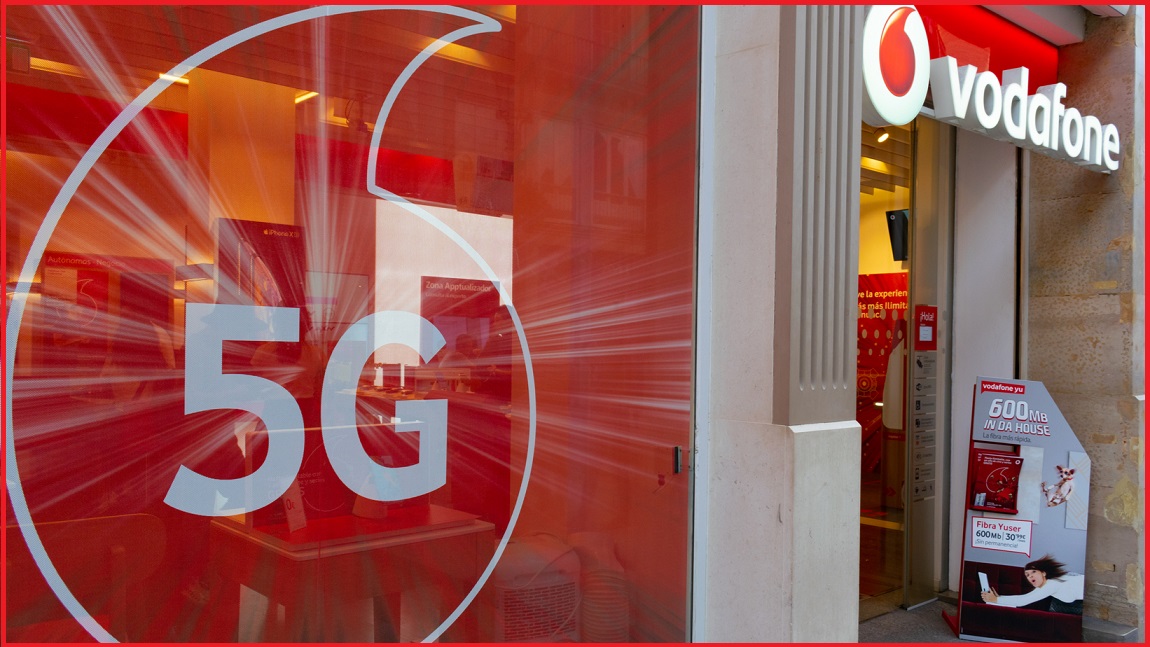Vodafone will rip out Huawei equipment from its networks across Europe at a cost of $324 million over five years.
The telco made the announcement following the UK government’s decision to allow Huawei to participate in the local 5G network but in a significantly limited way and the recent EU toolbox for 5G security, a set of “robust and comprehensive measures” for a coordinated approach to 5G networks.
Vodafone will be removing any Huawei equipment from the sensitive, core parts of its mobile networks all around Europe over the next five years.
“We have now decided as a result of the EU toolbox and the UK government’s decision to take out Huawei from the core,” Vodafone chief executive Nick Read said.
“This will take around five years to implement at a cost of approximately 200 million euros.”
Despite the price tag, the company said this move would have a “very limited financial impact” on its operations in the UK, where it is already mostly compliant with new limits announced by the government around Huawei.
Caps
The UK government recently labelled Huawei a “high-risk vendor”, allowing the controversial Chinese company to participate in the 5G network but not in any of the core parts or on sensitive sites.
Its share of the market has also been restricted to 35 per cent for each of the country’s mobile phone operators.
A similar cap applied across Europe could delay the rollout of 5G by up to five years, Read warned.
“We would prioritise money we would have spent on rollout to replace equipment and that delays 5G rollout,” he said.
“It isn’t an issue in the UK but I wouldn’t want [caps] in Europe. It would be hugely disruptive.
“We need to be rolling out 5G to underpin a competitive landscape in a digital society.
“The US is racing ahead. China is racing ahead.
“We can’t hold back 5G deployment and caps would be restrictive on that basis.”
Hidden backdoor
Vodafone has 111 million customers across Europe, and uses Huawei equipment in its core in Spain and some other smaller countries.
Vodafone rival BT has already announced similar plans to take Huawei out of its core networks, at a cost of more than $960 million (500 million pounds).
The decision to remove Huawei equipment from the European network follows Vodafone confirming early last year that it had found hidden backdoors in the Chinese company’s equipment.
Vodafone said that the issues had been discovered in 2011 and 2012 and were resolved at the time.
They were found in software that could have given Huawei access to Vodafone’s fixed-line network in Italy.
Last month, the UK government decided to allow Huawei to participate in its 5G network build with some clear restrictions.
The government said this “marks a major change” in how the country treats high-risk network vendors.
Australia has banned Huawei from supplying any equipment to the country’s 5G network. Huawei hasn’t given up on getting the ban lifted though, with several recent submissions to Parliamentary inquiries and continual lobbying.
The company told the government that allowing more companies to participate in the 5G network would “reduce the over-dependence from one-to-two vendors, and ensure there is a more competitive, sustainable and diverse supply chain”.
“This is critical to drive higher quality innovation and reduce the risk of national dependency on individual suppliers, regardless of where their HQ is located,” a Huawei submission said.










